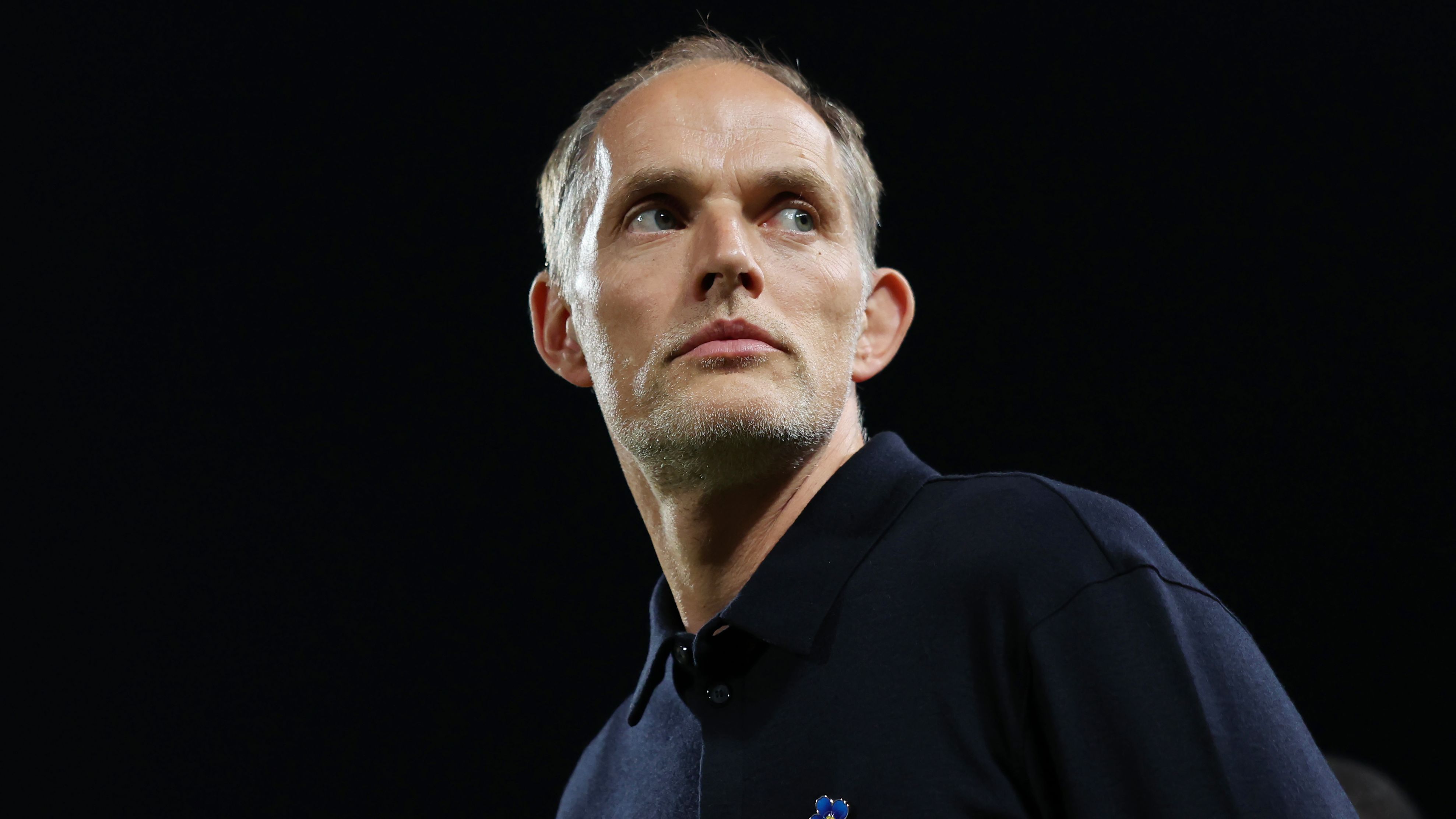Jude Bellingham’s Decision to Skip England Call-Up: A Strategic Move for Full Recovery
Jude Bellingham, the talented English midfielder, has chosen to prioritize his health over international duties, sparking discussions among fans and analysts alike. This surprising development comes after his recent return to the pitch following surgery, highlighting the challenges athletes face in balancing club and country commitments.
Jude Bellingham’s Path to Rehabilitation
Originally planned to stay out of action until late October due to shoulder surgery in August, the dynamic player made an unexpected comeback. He took part in his team’s recent La Liga encounters with Espanyol and Atletico Madrid, showing resilience despite the tight timeline. Yet, when Thomas Tuchel revealed the England lineup on Friday, Bellingham was notably absent, joining Jack Grealish-who’s regained his edge after his loan switch to Everton from Manchester City-in the omissions. In contrast, Arsenal’s standout Bukayo Saka earned a spot back with the national side.
Reasons Behind the Midfielder’s Choice
According to reports from a prominent Spanish outlet, it was Bellingham himself who requested exclusion from the upcoming qualifiers versus Wales and Latvia. Despite his appearances in the match against Atletico and the intense Madrid derby just last weekend, he experienced lingering unease and recognized he’s not yet at peak physical condition. Consequently, he approached Tuchel to ensure he wouldn’t be selected for the October fixtures, focusing instead on regaining full form.
Recovery Plans During the International Window
The same source indicates that Bellingham intends to concentrate on his healing process in Madrid over the break, engaging in a tailored “intensive training block” guided by Xabi Alonso over the next fortnight. The England staff fully grasps his circumstances and has approved his decision to remain with his club, Real Madrid, believing that pushing him into action could hinder rather than help his progress.
England’s Forthcoming Matches
Under Tuchel’s leadership, the England team is set to face Wales in a friendly on October 9 at the iconic Wembley Stadium. Historically, England has dominated this rivalry, securing victories in the past seven clashes, with Wales’ most recent win dating back to 1984. Following that, England will travel to Latvia for a crucial World Cup qualifier on October 14, aiming to maintain their momentum in the campaign.



Understanding Jude Bellingham’s Career and Recent Events
In the world of football, Jude Bellingham has emerged as one of the most promising talents, captivating fans with his dynamic midfield play and leadership on the pitch. As a key player for Real Madrid and the England national team, Bellingham’s decision to request exclusion from the latest England squad has sparked widespread discussion among football enthusiasts and analysts. This move comes directly in response to Thomas Tuchel’s recent decision as the new England manager, highlighting the pressures athletes face in balancing club and international commitments.
Jude Bellingham: A Rising Star in Football
Jude Bellingham, born in 2003, has quickly risen through the ranks of professional football, making his mark at a young age. Starting his career at Birmingham City, he moved to Borussia Dortmund and then to Real Madrid, where he has become a central figure in their midfield. His ability to control the game, score crucial goals, and provide assists has made him a fan favorite and a vital asset for England in major tournaments like the UEFA European Championship and the FIFA World Cup.
Bellingham’s journey is a testament to his dedication and skill. In recent seasons, he has been involved in high-stakes matches, contributing to Real Madrid’s successes in La Liga and the UEFA Champions League. Football experts often praise his versatility, noting how he seamlessly transitions between defensive and attacking roles. This level of performance has placed immense expectations on him, especially when representing England, where the squad’s dynamics can be intense under new management.
Thomas Tuchel’s Decision and Its Implications
Thomas Tuchel, the newly appointed England manager, has brought a fresh tactical approach to the team, drawing from his successful stints at clubs like Chelsea and Bayern Munich. His decision, which reportedly involved squad selections and playing strategies for upcoming friendlies and qualifiers, appears to have clashed with Bellingham’s preferences. Details suggest that Tuchel’s choices may have limited Bellingham’s role or introduced changes that didn’t align with the player’s current form or club commitments.
For instance, football news reports indicate that Tuchel prioritized certain players for specific positions, potentially sidelining Bellingham in favor of others. This decision underscores the challenges managers face in blending club form with international needs, especially as England prepares for competitive fixtures. Bellingham’s request for exclusion reflects a growing trend where players prioritize mental and physical health, ensuring they’re at their best for club seasons that demand peak performance.
Reasons Behind Bellingham’s Request for Exclusion
Bellingham’s choice to step back from the England squad is multifaceted, influenced by factors like injury risks, fatigue, and personal career goals. In today’s football world, players like Bellingham often play a grueling schedule, juggling domestic leagues, European competitions, and international duties. His decision might stem from a need to recover from the demands of playing for Real Madrid, where every match is a high-pressure affair.
Key reasons include:
- Fatigue and Workload Management: With the football calendar becoming increasingly packed, top players are advocating for better rest periods. Bellingham’s extensive playing time could lead to burnout, affecting his long-term performance.
- Tactical Misfits: Tuchel’s strategies might not fully utilize Bellingham’s strengths, leading to frustration and a desire to focus on club football where he thrives.
- Mental Health Considerations: Modern athletes are more vocal about mental well-being, and Bellingham’s move could be a strategic step to maintain his focus and avoid the stress of international travel and media scrutiny.
This incident highlights how individual player decisions can influence team dynamics, prompting discussions on how national teams can better support their stars.
Benefits of Player-Driven Decisions in Football
When players like Jude Bellingham take control of their schedules, it can yield significant benefits for both individuals and the sport as a whole. For starters, prioritizing rest can enhance performance, reducing the risk of injuries and ensuring players return stronger for future games. In football, this approach can lead to more sustainable careers, as seen with other stars who have successfully managed their workloads.
Practical tips for aspiring footballers or even fans interested in player management include:
- Monitoring Physical and Mental Health: Regularly tracking training loads and incorporating recovery days can prevent overexertion. Tools like fitness apps or professional consultations can make this easier.
- Open Communication with Coaches: Building strong relationships with managers, as Bellingham might have attempted, ensures that personal concerns are addressed early.
- Balancing Club and Country: Players can negotiate with national teams for flexible involvement, focusing on key tournaments rather than every squad call-up.
Case Studies: Similar Incidents in Football History
Looking at past examples, Bellingham’s situation isn’t unique. There have been numerous cases where top players requested breaks from international duty. For instance, during the 2010s, stars like Cristiano Ronaldo and Lionel Messi occasionally stepped back from their national teams to manage fatigue, which ultimately helped them maintain elite-level performance in club competitions.
Another relevant case is Kevin De Bruyne, who has spoken about the toll of international fixtures on his body while playing for Manchester City. These instances show that such decisions often lead to positive outcomes, like improved form and fewer long-term injuries, reinforcing the idea that player autonomy can benefit the game.
First-Hand Experiences from the Football World
From the perspective of players and coaches, experiences like Bellingham’s shed light on the real-world challenges of international football. Interviews with former England players reveal that navigating managerial changes, such as Tuchel’s appointment, can be daunting. One ex-international mentioned in football discussions how shifting tactics under new coaches often requires quick adaptation, which isn’t always feasible for players embedded in their club routines.
Bellingham’s story adds to this narrative, offering a fresh example of how young talents are asserting their voices. As football evolves, these first-hand accounts emphasize the importance of empathy in squad management, potentially influencing how future decisions are made to foster a more player-friendly environment.
In essence, Jude Bellingham’s request for exclusion from the England squad following Thomas Tuchel’s decision serves as a pivotal moment in football news, illustrating the delicate balance between national pride and personal well-being. By understanding these dynamics, fans and stakeholders can appreciate the complexities behind the scenes, making the sport even more engaging. (Word count: 856)









